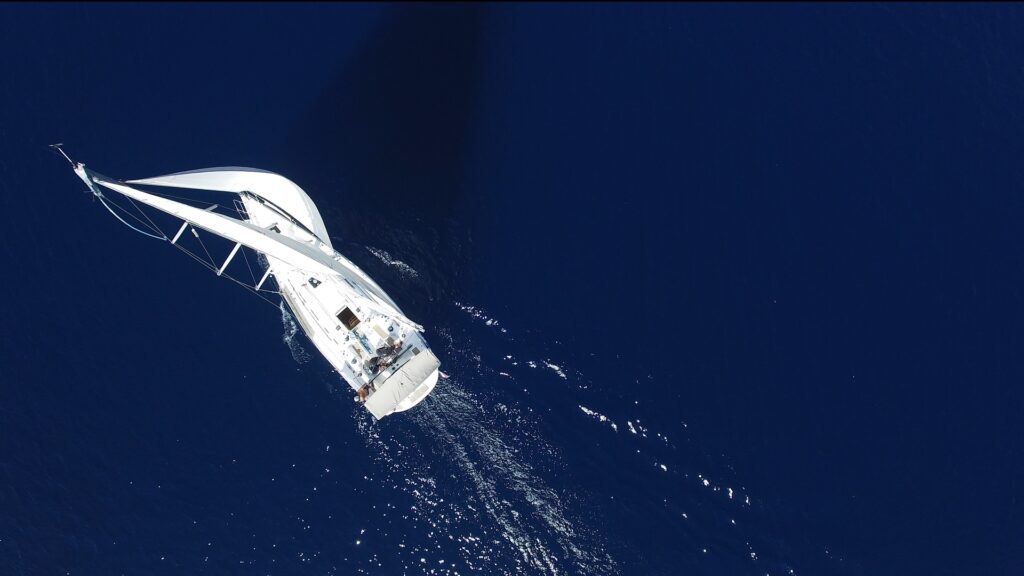The World Meteorological Organization (WMO) and the Intergovernmental Oceanographic Commission of UNESCO, OceanOPS, have launched the Odyssey Project to support the Global Ocean Observing System (GOOS).
Endorsed by the United Nations Decade of Ocean Science for Sustainable Development, the Odyssey project looks to unlock the potential of citizens, ocean race sailors, mariners, NGOs and the private sector to ensure a more complete knowledge of the ocean and the atmosphere above it, delivering data for effective prediction of how the ocean and climate may change in coming years. The project will be led by OceanOPS.
Peter Thomson, the United Nations secretary-general’s special envoy for the ocean, said, “2022 is the year we must stop the decline in the ocean’s health. The United Nations Decade of Ocean Science underlies all our efforts in this regard and the GOOS is one of its most effective tools. I am excited about the launch of the Odyssey project and the prospect of met-ocean observations being made from yacht hulls around the world.”
Anthony Rea, director of infrastructure, WMO, said, “WMO can trace its origins back to the need to provide weather information to mariners and an important part of that has always been observations on the open ocean. This initiative brings this concept into the 21st century. The data collected will enhance not just weather information and warnings for mariners, but also provide crucial intelligence on the state of the Earth system, improving forecasts and climate information for everyone.”
Over the past decade, OceanOPS has developed partnerships with NGOs and racing yachts, among other organizations, to deploy observing instruments in hard-to-reach locations, contributing to the real-time observation and stewardship of the ocean with lower carbon footprints. These partnerships and activities were further strengthened during the pandemic, when deployment of oceanographic instruments by research vessels was deeply impacted by Covid-19 restrictions.
“Other partnerships or initiatives are being developed to generalize met-ocean observations from merchant ships, fishing fleets and other marine operators or ship users from the coast to the open ocean, but they have not yet unleashed their full potential,” said Mathieu Belbéoch, OceanOPS manager. “The Odyssey project will provide the framework for the co-development of an operational contribution of civil society to the GOOS infrastructure.”



